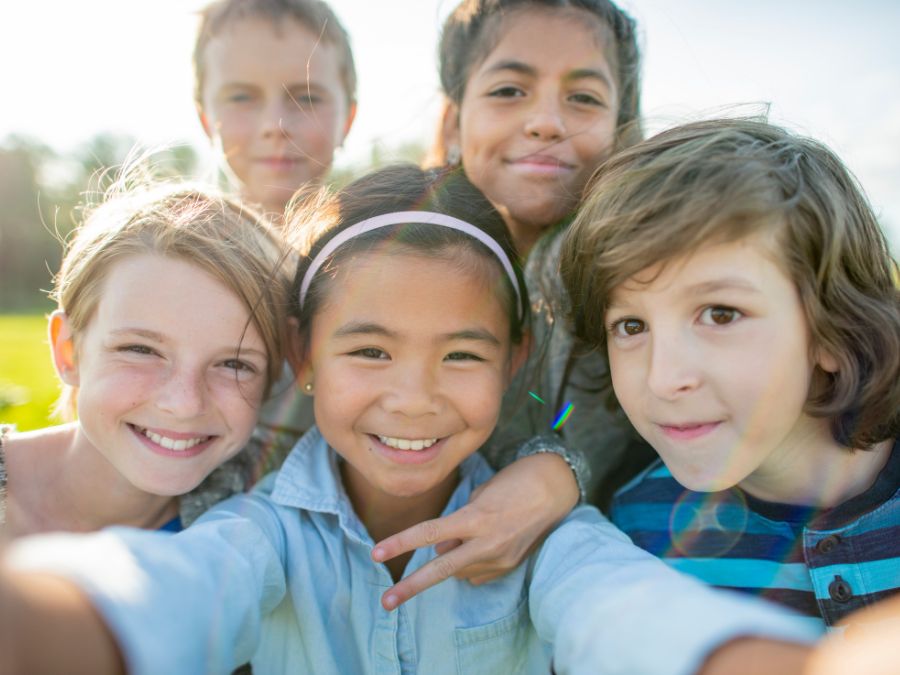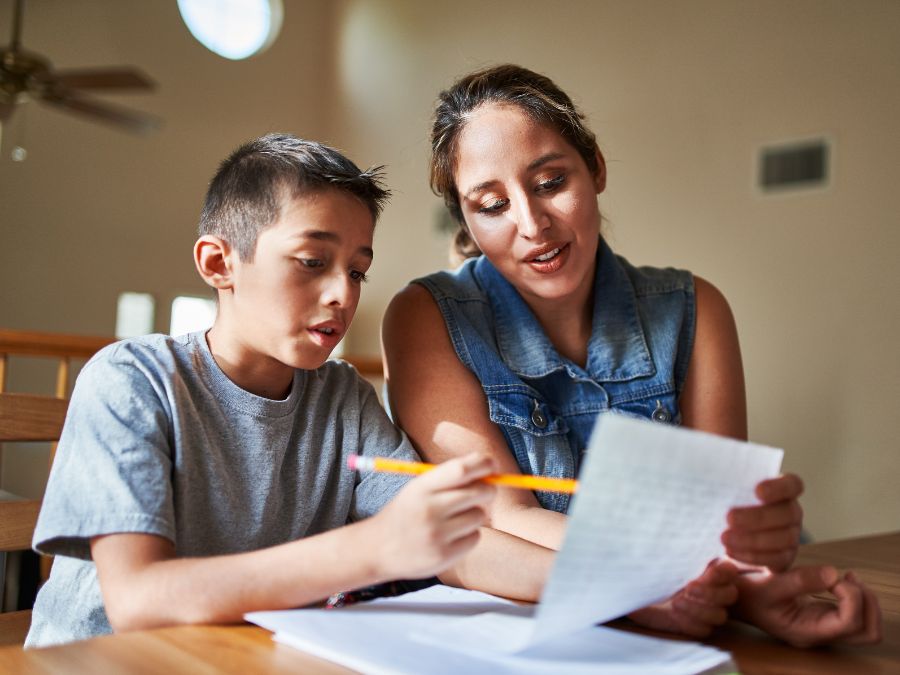
A ‘beautiful human ecosystem’ where children thrive
During a decade of research in a rural village in China, Dr. Junlei Li, who has devoted his career to understanding human relationships, discovered something simple and profound. The village, which serves as a foster community for over 200 orphans with disabilities, is low-income, has no disability experts, and has no hospital. But the foster families, most of whom were farmers, figured out how to create and operate a school for these children that had been assigned to them.
Dr. Li described what he saw there as a “beautiful human ecosystem,” where community support and simple everyday connections helped the children thrive. During his visits, the villagers expected him and his research team to offer professional advice about running a school for children with special needs, but Dr. Li felt that he was the one learning from them.
“The folks in the village didn’t think what they did was anything important. They loved the children, but they always thought that they were so ‘unprofessional’ … because most didn’t have more than an eighth grade education,” said Dr. Li.
What Dr. Li was witnessing was a community where simple, everyday interactions were the critical resource — not educational degrees or professional certifications.
“When you have a lot of professional and material resources, it’s easy to overlook the fact that the most important resource we have is our humanity,” he said.
Simple interactions support child development
Dr. Li, now co-chair of human development and education at Harvard’s Graduate School of Education, says that simple interactions — “interactions that we don’t even remember” — are an overlooked but critical part of child development. These can be a crossing guard waving hello with a smile, or someone changing an orphan’s diaper with care and attention. Added up, they are the foundation to a child feeling safe and cared for.
Dr. Li became familiar with the HOPE framework in 2021 and was moved by how it aligned with his Simple Interactions framework. The HOPE framework looks at how positive childhood experiences (PCEs) throughout childhood support well-being and resilience, and Simple Interactions focuses on what the moment-to-moment interactions look like inside these ordinary positive experiences.
“The HOPE framework picks up where our work left over, and our work picks up where the HOPE framework left off,” said Dr. Li.
Both frameworks point to how the absence of PCEs in childhood leads to challenges later in life. One iconic brain development study, known as The Bucharest Early Intervention Project, came from observing the impact of physical and relational deprivation in orphans who had been in Romania after the Soviet Union collapsed.
“You have children who grew up who are deprived of these simple, everyday, ordinary interactions with other human beings,” he said. “So much of what we understand today about how important … love and care is during children’s young life is understood in the context where this was taken away.”
But Dr. Li says it doesn’t take looking at the research to know how important simple, relational interactions are.
“When you really see someone feeding a child, when you really see a teacher and a student just talking, walking down the hallway to get to somewhere else … When you really see these moments you don’t need theories … to convince you.”
Creating PCEs in ordinary interactions
So, what does this mean for caregivers and educators? Dr. Li says: “The first step for anyone who’s actually directly with children, whether they’re pediatricians or whether they’re social workers or teachers or parents or caregivers, is to help them see that what they do with children within the constraints that they have … is, or can be, enough.”
One way to help people see how much ordinary interactions matter is by showing them examples of simple interactions and letting them lead the conversation. Whether it be at a conference or a workshop, Dr. Li and his team have shown people videos of crossing guards, or caregivers doing diaper changes, and asked them to explain to the room what they observe.
This way of communicating information aligns Dr. Li’s overall philosophy, one informed in part by watching Mr. Rogers’ neighborhood when he came to the United States for graduate school.
“Mr. Rogers’ neighborhood was talking about children, families and communities, but the content seemed so different … My graduate education was very scientific and technical. And then the television program was very human.”
Hear Dr. Li’s keynote address at the 2025 HOPE Summit
Dr. Junlei Li will be the keynote speaker on the second day of the 2025 HOPE Summit on June 4th. His talk is called Building Positive Childhood Experiences through Simple, Ordinary Human Interactions.


